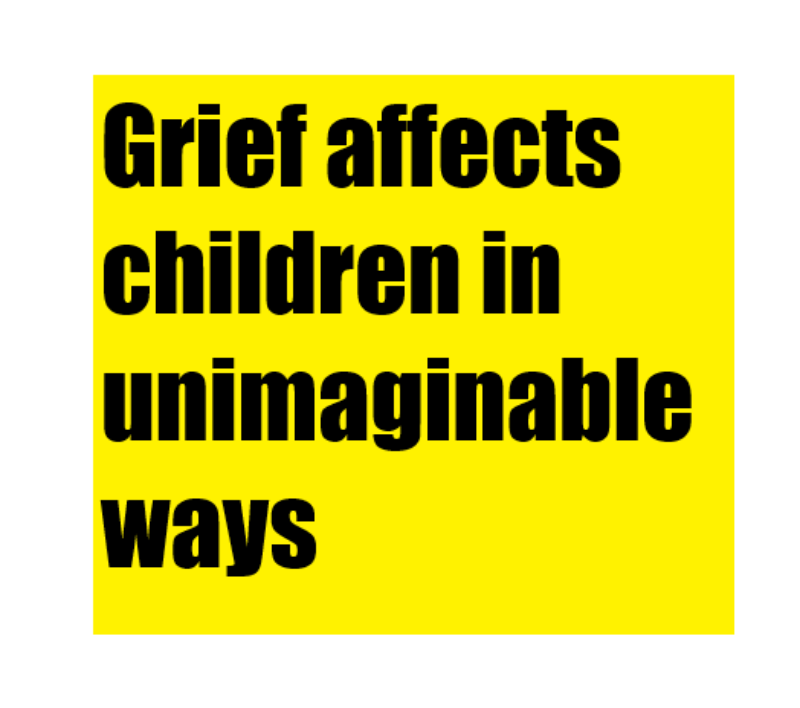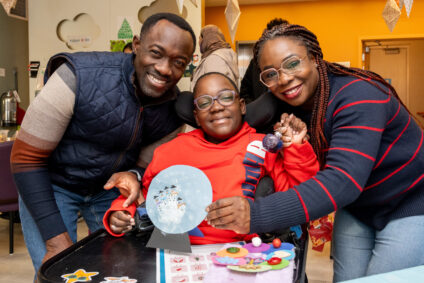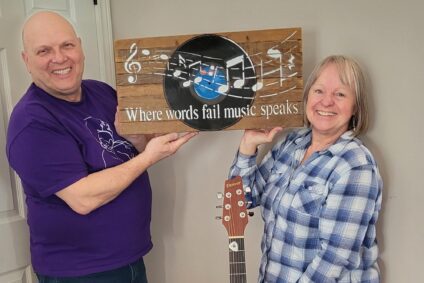Grief affects children in unimaginable ways

A middle school reporter interviewed our Emily’s House Grief Counselor and wrote this short article for her school newspaper: Emily's House is an operating division of the Philip Aziz Centre.
Grief affects children in unimaginable ways.
By: Elle Godfrey, a middle school reporter
It can be difficult for teens and children to lose someone close to them. Most people assume that children and teens already know the meaning of death. But believe it or not, the best place to go to deal with a child's grief and questions is a children's hospice, Emily’s House here in Toronto is one of the best.
At Emily’s House, the newest addition they have a kind-hearted grief counselor named Carolyn Wilson. She helps children and teens in their time of need, but she doesn’t only help after death, she can help leading up to it and get children and teens mentally prepared for when it’s their loved one’s time to go. Wilson notes, “I think parents can support their child by allowing them to ask questions about death and being honest.” Some parents might find that the topic of death is uncomfortable to talk about with their child/teen and some might feel very open and comfortable to talk every parent is different.
According to The New York Life Foundation document, “After a loved one dies-how children grieve” most children connect the meaning of death to a cartoon show or think that they are just asleep and will wake up any second. Some children or teens might feel guilty for the death of their loved one, teenagers might feel guilty for arguing too much with their loved one before their death or just in their lifetime. Children might think that their imagination killed their loved one. It is important that the child and/or teens know that their loved one's death is not their fault.
It is important that the memory of the loved one lives on. But the child/teen should know that they need to live a life just like they would have wanted for them.


